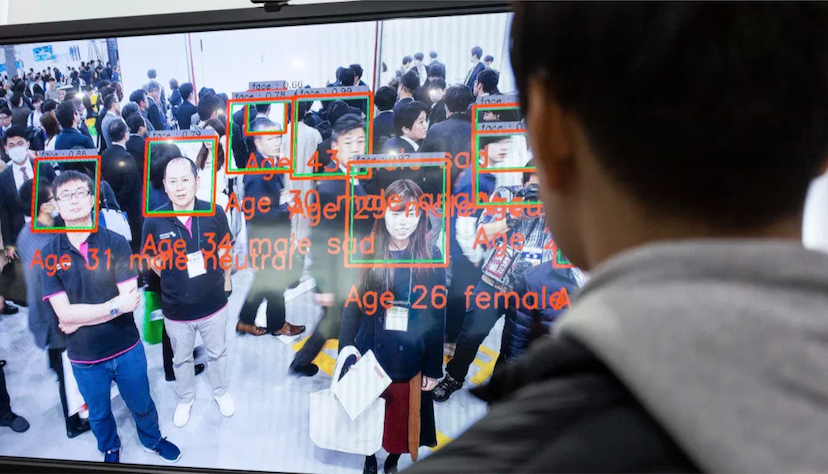Prof. Mark MacCarthy Publishes Brookings Report on Facial Recognition Software
Posted in News

Last month, Professor Mark MacCarthy published a report on facial recognition software for The Brookings Institution’s Artificial Intelligence and Emerging Technology (AIET) Initiative as part of their AI Governance series. The report entitled, “ Who Thought Facial Recognition Software Was a Good Idea?“, makes the case for a values-based approach to technology governance in an age where technology influences public policy, drives markets, and guides how society interacts and communicates.
According to Prof. MacCarthy, this values-based approach “would oblige the developers and users of facial recognition software to explain exactly why they think it’s a good idea to create something with that level of power.” The report builds on Frank Pasquale’s idea of a second-wave of algorithmic accountability to ask not just whether the technology is fair and accurate, but whether it should be used in a particular case at all.
Companies at the forefront of facial recognition technology today including Facebook, Google, Microsoft, and other tech companies have amassed such dominance and influence that their power often goes unchecked. Furthermore, new technologies generate uncertainty in regards to how they should even be regulated.
Prof. MacCarthy speaks on the need to alleviate this uncertainty in the interest of public welfare. He calls for the devising of a “national strategy for facial recognition” to be enforced by a Federal agency in order to administer this values-based approach to technology management.
There is a lot yet to be discovered about facial recognition. According to Prof. MacCarthy, establishing adequate mechanisms of governance through a values-based approach is essential to managing this technology and holding the developers of it accountable.
